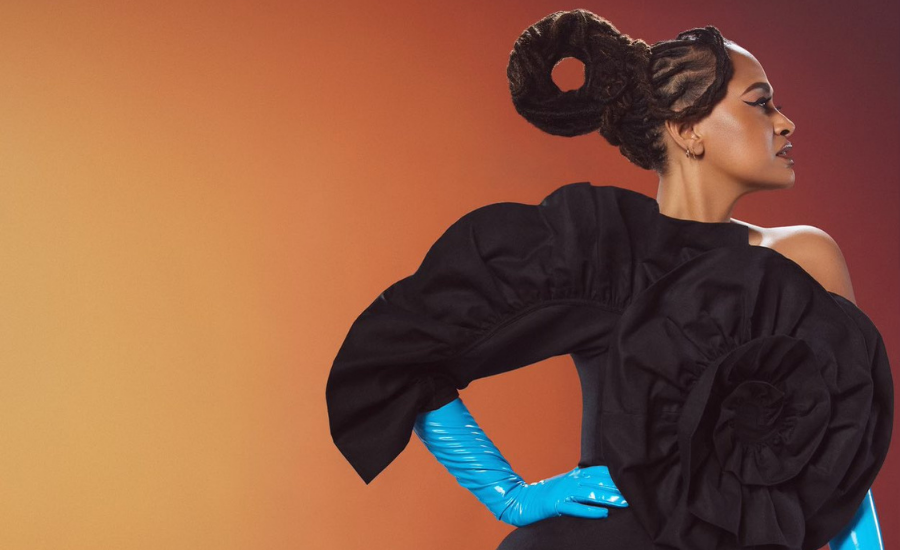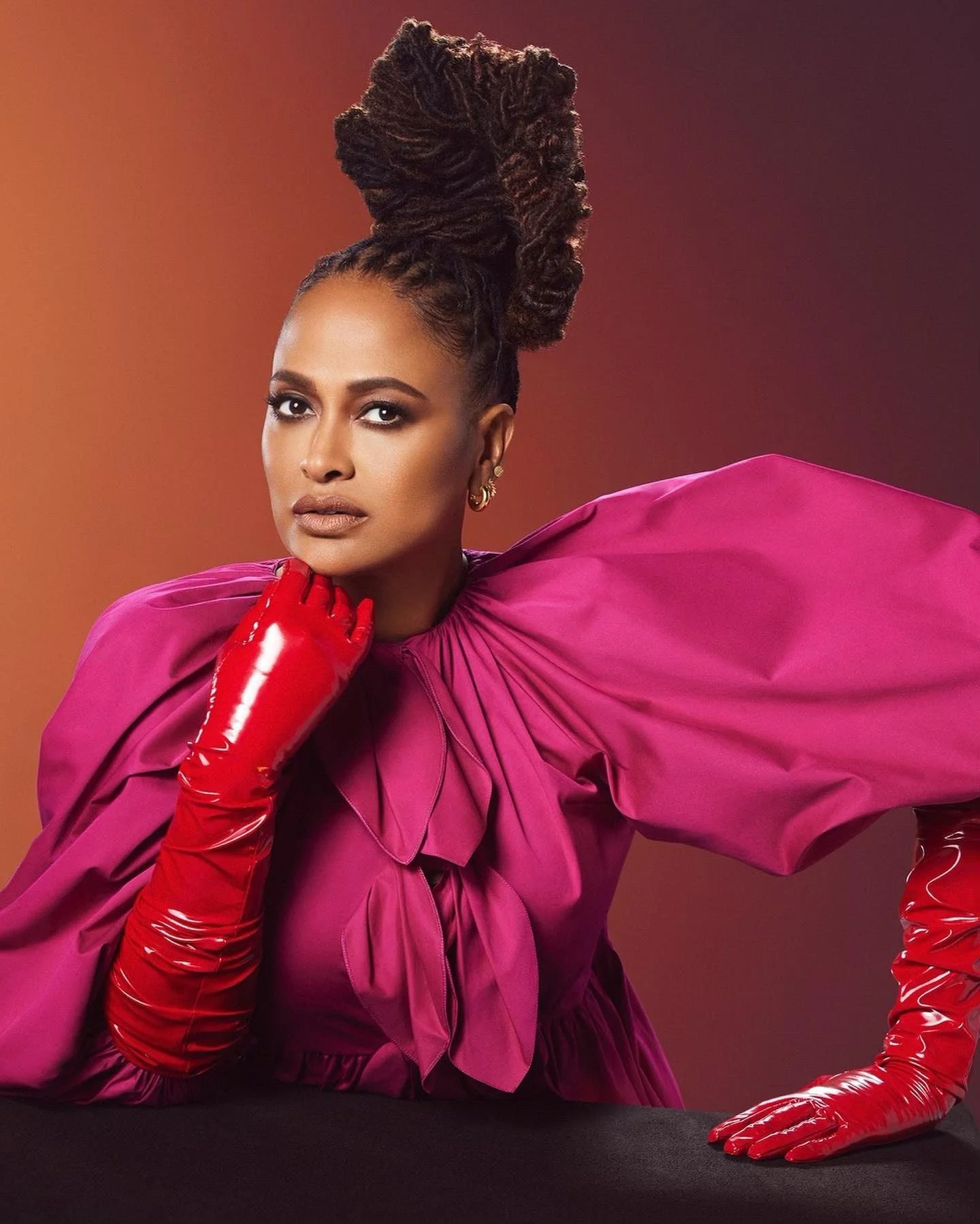Ava DuVernay's journey to self-empowerment through embracing her natural hair: ‘I had to decolonize myself’
(Credit: InStyle)
By Bridget Townsend // Natural Hair // EEW Magazine Online
Ava DuVernay is celebrated for her work as a director that makes her audience feel strong emotions. From her Dr. Martin Luther King Jr. biopic, Selma, to the prison-system documentary, 13th, to the miniseries based on a true story, When They See Us, she usually works behind the camera.
But in the March 2022 issue of InStyle, the 49-year-old steps in front of the camera to discuss not just the beauty she creates on the big and small screen but the beauty of her natural hair journey which she said began when “I started to become more conscious about my history and my culture.”
DuVernay explained that she put chemicals in hair to make the texture closer to Eurocentric beauty standards. But after doing research, she realized, “I had to decolonize myself and say, ‘Is the hair growing out of my head in that texture?’ And, ‘What does it look like if it just grows out?’”
RELATED: Tabitha Brown endorses The CROWN Act
DuVernay’s locs, she says, are an outgrowth of “a journey of becoming more myself.”
The evolution did not happen overnight. At 27, the founder of the PR firm, The DuVernay Agency was not ready to embrace the fullness of who she was. But getting older has come with perks. “The beauty of age is that you get to a point where it's like, ‘The things I needed to feel tethered or anchored, those do not have meaning, and I can be free,’" she said.
That freedom that DuVernay and many Black women like her are now exercising comes amid a cultural shift where Black hair is more celebrated and represented.
InStyle March 2022
“In one generation I've seen the change,” said DuVernay. “The natural and synthetic styles are embraced. Everything is on the table. The generation before me was like, ‘It is preferred that you wear your hair in this way’”—meaning in a way that resembled whiteness.
But, to be clear, this trend was not simply rooted in vanity. It was rooted in Black people’s history of oppression.
“Historically, there were moments when Black women who worked as domestics in white homes were not allowed to work if their hair was not pressed or permed. Their natural hair was seen as offensive,” said the NAACP Award winner. “That starts to embed itself in the DNA of people — that straight, Caucasian-looking hair is better and preferred. Now it's every braid or Afro puff or texture, controlled or out of control. And I think it's exceptional. I don't think we talk enough about the shift that's happened just in one lifetime.”
DuVernay and bold women like her that are infiltrating the mainstream are part of a progressive shift that emboldens Black women everywhere to celebrate their melanin as well as their curls, coils, kinks, and locs with no apologies.
The March 2022 issue of InStyle is available on newsstands, on Amazon, and for digital download Feb. 11.









